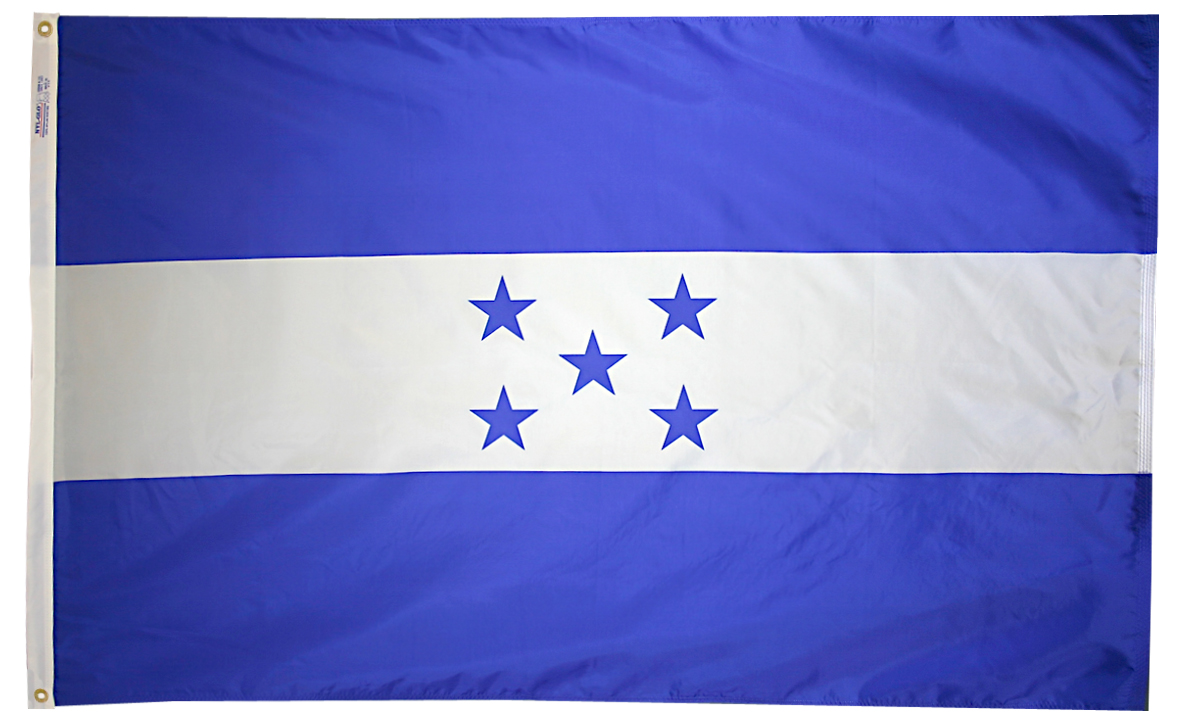October 28, 2011 – Amreeta Mathai
The Law and International Development Society hosted a discussion with Professor Noah Feldman and Professor David Landau about their work as consultants on constitutional reform in Honduras after the 2009 military coup ousting President Manuel Zelaya. The Honduran Truth and Conciliation Commission (TRC) asked Feldman, Landau and a team of HLS affiliates to examine the constitutionality of the actions leading up to Zelaya’s removal.
The Honduran constitution has an unclear provision on Presidential term-limits. The provision has largely been understood to prohibit amendments to the existing term-limits. In 2008, Zelaya issued a series of decrees announcing he would hold a mass non-binding vote about amending the constitution. His opponents understood this as a move to increase his time in office. The Honduran Supreme Court issued orders for him to halt the referendum but he went forward. On June 28th, the military arrived at the president’s house with a warrant alleged to be issued by the Supreme Court. The military put him on a plane to Costa Rica that morning.
In analyzing the constitutionality of the President’s removal, Feldman and Landau concluded that all the relevant actors were at fault. They also emphasized that while these decisions were completely political and lacking in legal analysis as they were carried out, they were later framed as though they were legal decisions.
Interestingly, while the team did produce a report on the situation in Honduras, Professor Feldman noted that their role seemed to have more to do with legitimization of the new regime than anything else. He described the team’s role as socio-political. The new Honduran government needed a TRC because although the political elites had internally consolidated themselves, they were on the outside of the international political community. Why? In the Pre-Cold War era, Latin American coup d’etats were considered business as usual and the international community tended to treat new governments as legitimate. Post-Cold War, however, the international community began to care about whether or not they should recognize new governments.
Feldman contends that constitutional politics in any country in the world is largely about how the elites decide to govern. He understands constitutions to operate such that there is a group of political elites (they could be chosen in any way – rich people, old families, elected, etc.), but the elites have to have some broad consensus among the public. The elites need to have a procedure to validate their design. The function of the TRC was for was to tell the rest of the world was “ok, you can go home now – this is business as usual.”
Further reading:
“Feldman, Landau and Sheppard recommend constitutional reforms for Honduras” (Harvard Law School)
“Fixing Honduras” (LA Times)
“Please Stop Trying to Fix Honduras” (Upside Down World)

